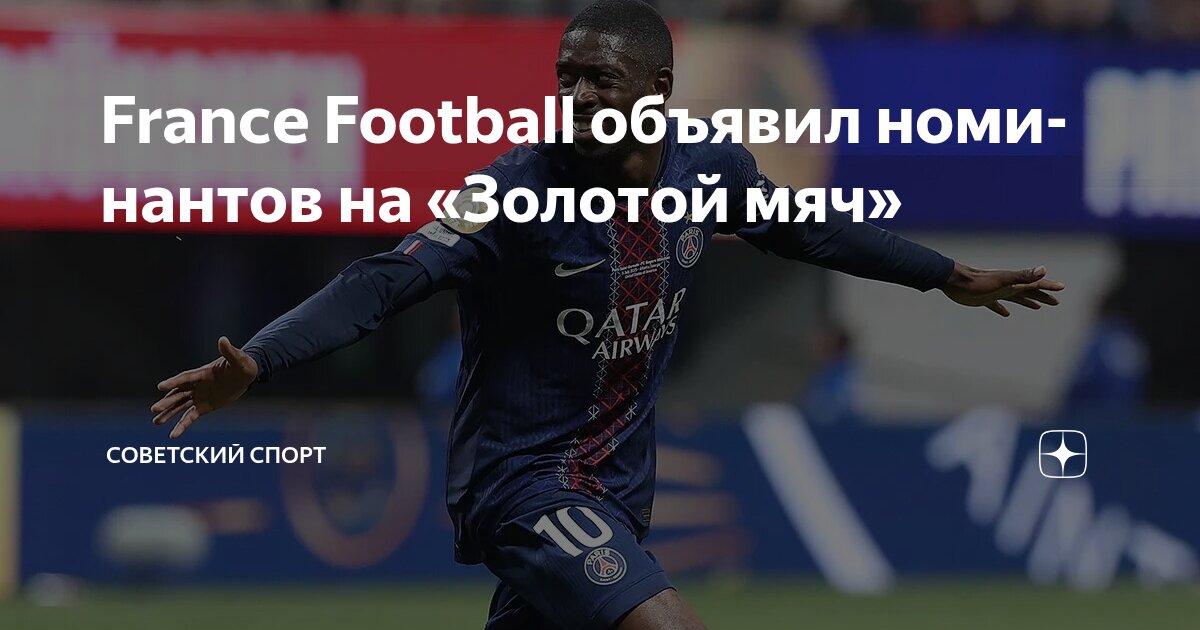As the football world braces for the annual reveal of the Ballon d`Or shortlist, the perpetual debate reignites: how does one truly define the “best” individual in a sport built on collective effort? The 2024-25 season has delivered its usual cocktail of dazzling individual displays and improbable team triumphs, setting the stage for yet another fascinating, and occasionally baffling, contest for the sport`s most coveted personal accolade.
The Conundrum of Excellence: Stats Versus Silverware
The Ballon d`Or, ostensibly awarded to the best player in the world, often finds itself caught between two competing philosophies: the undeniable allure of statistical dominance and the tangible triumph of major team trophies. This dichotomy lies at the heart of nearly every contentious selection, and the 2025 edition promises no exception.
Consider the case of Mohamed Salah. His 2024-25 campaign for Liverpool was, by most metrics, nothing short of phenomenal. A staggering 34 goals and 23 assists speak volumes, echoing records set in extended Premier League seasons of yesteryear. He was the catalyst for a Liverpool side that defied expectations, marching deep into a title race many deemed beyond them. Yet, the persistent question remains: without the crowning glory of a Champions League title, can sheer individual output truly outweigh the ultimate collective prize?
Conversely, look at Ousmane Dembele, a pivotal figure in Paris Saint-Germain`s Champions League triumph. For many, club football`s most prestigious trophy is the undisputed arbiter of individual greatness. Dembele`s contributions, arguably more nuanced than raw goal tallies, directly led to the ultimate team success. The bookmakers, with their dispassionate algorithms, often lean heavily towards those with medals draped around their necks. It seems “rings and medals” continue to hold significant sway, a somewhat poetic if also pragmatic acknowledgment of football`s team-centric nature.
“In a sport where 22 players chase one ball, distinguishing the singular `best` often feels more akin to art appreciation than scientific measurement. It`s a beautiful mess of individual brilliance and collective glory.”
The Rise of the Unsung and the Consistent Conquerors
While the spotlight often fixates on the established elite, the 2024-25 season also saw breakout performances and consistent excellence that warrant recognition. Raphinha of Barcelona, for instance, produced an output that rivaled legendary figures, matching a Champions League goal contribution record previously held by Cristiano Ronaldo. His stellar form arguably made him La Liga`s top player, yet the question of whether a burgeoning talent like teammate Lamine Yamal might splinter the Barcelona vote adds another layer of intrigue.
Similarly, the women`s game offers its own compelling narratives. Aitana Bonmati of Barcelona has been a beacon of consistency, often considered the best player in the world alongside teammate Alexia Putellas. However, the unexpected defeats of their dominant Barcelona side in the biggest matches — perhaps in the Champions League or key international tournaments — open the door for challengers. Could an English player from Arsenal, such as Alessia Russo or Leah Williamson, ascend to the top if their Champions League or Euros success is deemed the ultimate differentiator? The emergence of NWSL stars like Gotham FC`s Esther Gonzalez and Ann-Katrin Berger, and Orlando Pride`s Barbra Banda and Temwa Chawinga also underscores the global expansion of top-tier talent and the increasingly diverse pool from which candidates are drawn.
Beyond the Strikers: Goalkeepers, Coaches, and Club Dynamics
The Ballon d`Or isn`t just about the goalscorers. The Yashin Trophy for the best goalkeeper and the Coach of the Year awards highlight crucial, albeit often less glamorous, contributions. Goalkeepers like PSG`s Gianluigi Donnarumma and Gotham FC`s Ann-Katrin Berger performed heroics that saved countless points and kept their teams in contention for major honors. Their ability to single-handedly alter the course of a game often goes underappreciated in the broader `best player` debate.
Similarly, the coaches who orchestrate these successes, from PSG`s Luis Enrique to England`s Sarina Wiegman, are the masterminds behind the team`s collective brilliance. Their tactical acumen and leadership are paramount, shaping the very environment in which individual talents can flourish. The selection of the `Club of the Year,` with Paris Saint-Germain and Orlando Pride being strong contenders, serves as the ultimate recognition of a well-oiled machine operating at peak performance across all levels.
The Enduring Debate: An Imperfect Science
Ultimately, the Ballon d`Or remains an intensely subjective exercise. It is a panel of 100 journalists from leading football nations, each with their own biases, perspectives, and perhaps, a lingering memory of a particular wonder goal or a crucial trophy lift. This is, after all, a sport where narratives can shift with a single match, and legacies are often cemented by moments of high drama.
Is the best player the one with the most audacious output, carrying their team on their back? Or is it the player whose crucial contributions led to the most significant silverware, proving their worth in the high-stakes arena? The question echoes like an unsolvable riddle, adding to the allure and occasional absurdity of football`s most famous individual award. It`s less a precise science, and more a grand, annual philosophical debate—one that football enthusiasts worldwide are always eager to engage in.
This article provides an analytical perspective on the Ballon d`Or based on reported criteria and general football discourse, offering insights into the complex selection process rather than definitive predictions.

